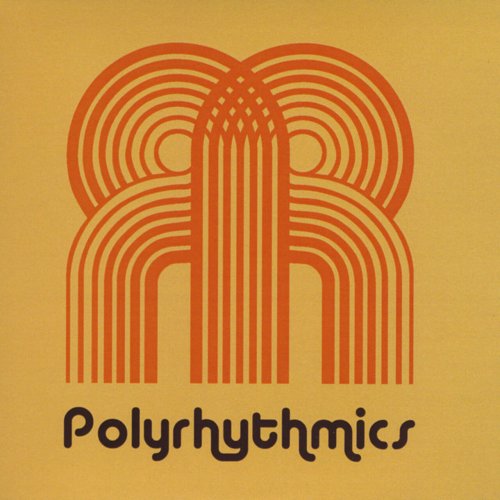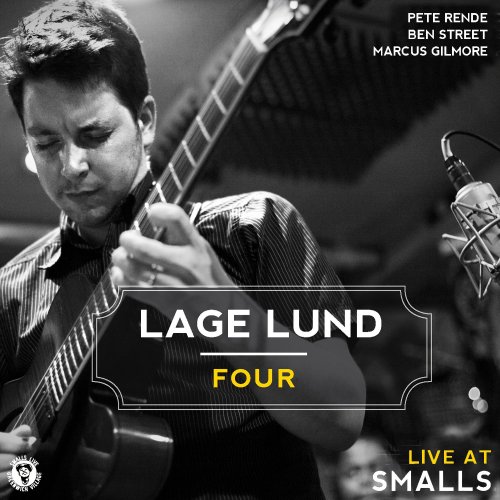Valentina Lisitsa - Valentina Lisitsa Plays Liszt (2013)

Artist: Valentina Lisitsa
Title: Valentina Lisitsa Plays Liszt
Year Of Release: 2013
Label: Decca
Genre: Classical
Quality: FLAC (tracks)
Total Time: 01:15:57
Total Size: 222 Mb
WebSite: Album Preview
Tracklist: Title: Valentina Lisitsa Plays Liszt
Year Of Release: 2013
Label: Decca
Genre: Classical
Quality: FLAC (tracks)
Total Time: 01:15:57
Total Size: 222 Mb
WebSite: Album Preview
1. Ellens Gesang III (Ave Maria), S558 No.12 (after Schubert's D839)
2. Ballade No.2 In B Minor, S.171
3. Aida - Danza Sacra E Duetto Finale, S436 (after Verdi)
4. El Contrabandista - Rondo Fantastique Sur Un Thème Espagnol, S.252
5. Gute Nacht, S.561 (After Schubert)
6. Des Mädchens Klage, S563, No.2 (After Schubert D191)
7. Erlkönig, S.558 No.4 (After Schubert D.328)
8. Der Müller Und Der Bach, S.565 No.2
9. Hungarian Rhapsody No.12 In C Sharp Minor, S.244
Performers:
Valentina Lisitsa, piano
One could hardly guess from the demure pose struck by Decca’s photogenic soloist for her CD’s booklet that she can make a piano roar and thunder in the way she does in Liszt’s B minor Ballade. Her performance of this masterpiece will no doubt divide opinion, not least because of her cavalier regard of Liszt’s note values and her old-fashioned deployment of desynchronised hands. She also makes a cut of eight bars on the second appearance of the big tune at the end. Her stablemate Nelson Freire did the same on his Liszt recital (8/11) but not even he matches the enormous wave of sound produced by Lisitsa just before this episode, marked fff and then rinforzando molto – a spine-tingling moment then compromised by a period of complete silence longer than the all-too-brief gaps between every track on this disc. The music simply stops happening.
Confirmation of Lisitsa’s iron-clad technique comes in ‘the ferociously difficult and rarely recorded “El contrabandista”’ (for once a record label’s puff is understated). Even fervent Lisztians, to many of whom the work will be unfamiliar, must admit that the Rondeau fantastique is not the composer’s greatest work, although as a virtuoso showpiece, designed to whip an audience into a frenzy, it is a complete success. Lisitsa is able to exploit its superficial dazzle to the full.
Apart from Liszt’s dull Aida potpourri, the remaining items are five Schubert song transcriptions – their delicate passagework skilfully executed – and lastly the Hungarian Rhapsody No 12, scintillating and idiosyncratic in equal measure, with the final bars (marked presto) played adagio.
Confirmation of Lisitsa’s iron-clad technique comes in ‘the ferociously difficult and rarely recorded “El contrabandista”’ (for once a record label’s puff is understated). Even fervent Lisztians, to many of whom the work will be unfamiliar, must admit that the Rondeau fantastique is not the composer’s greatest work, although as a virtuoso showpiece, designed to whip an audience into a frenzy, it is a complete success. Lisitsa is able to exploit its superficial dazzle to the full.
Apart from Liszt’s dull Aida potpourri, the remaining items are five Schubert song transcriptions – their delicate passagework skilfully executed – and lastly the Hungarian Rhapsody No 12, scintillating and idiosyncratic in equal measure, with the final bars (marked presto) played adagio.
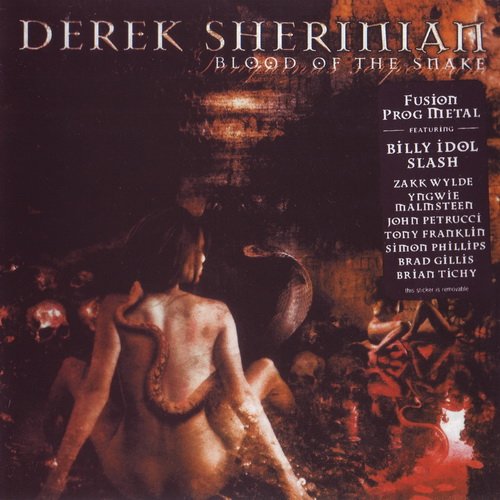
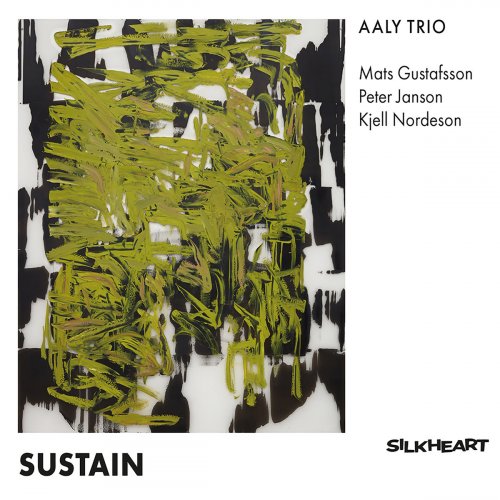
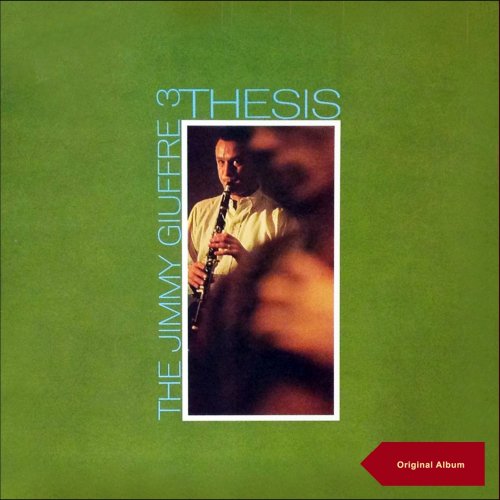

![Clifton Chenier - The King of Zydeco (Live) (1981) [Hi-Res] Clifton Chenier - The King of Zydeco (Live) (1981) [Hi-Res]](https://img.israbox.com/img/2025-12/20/xjfs68k4k2e6nw8a1vz89ft6c.jpg)

